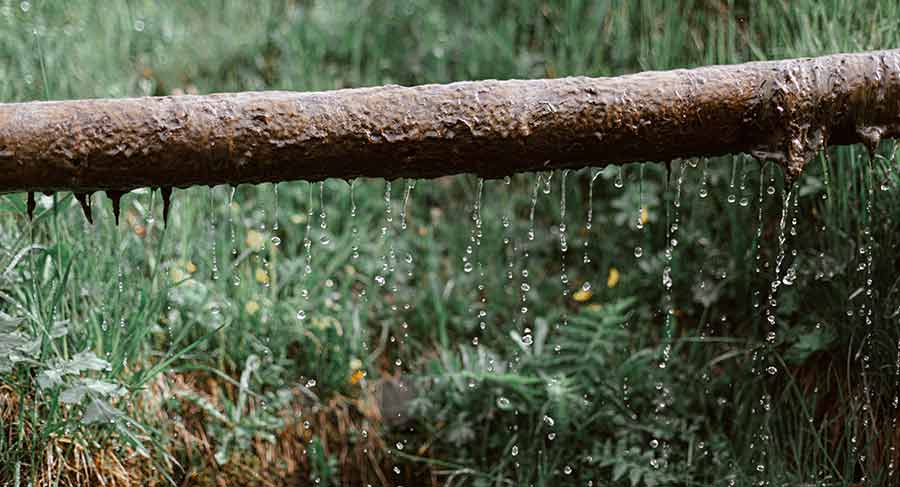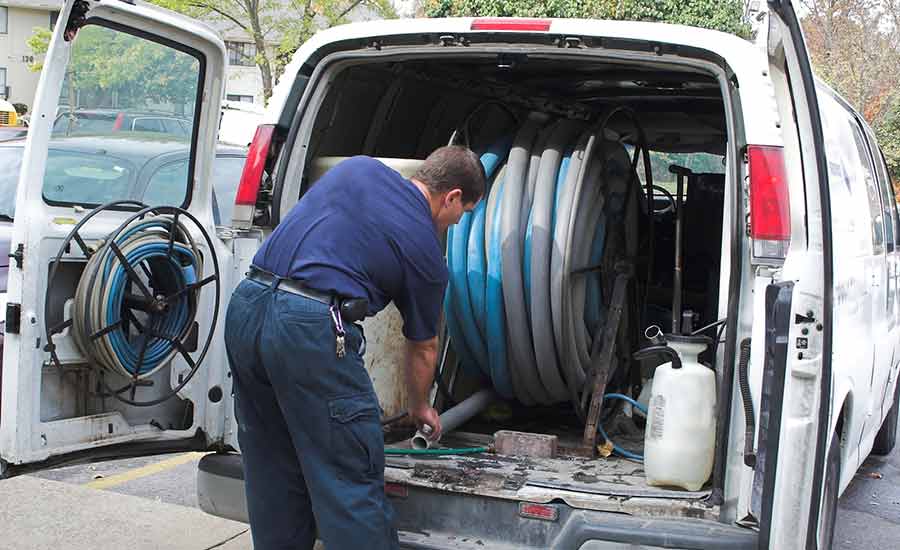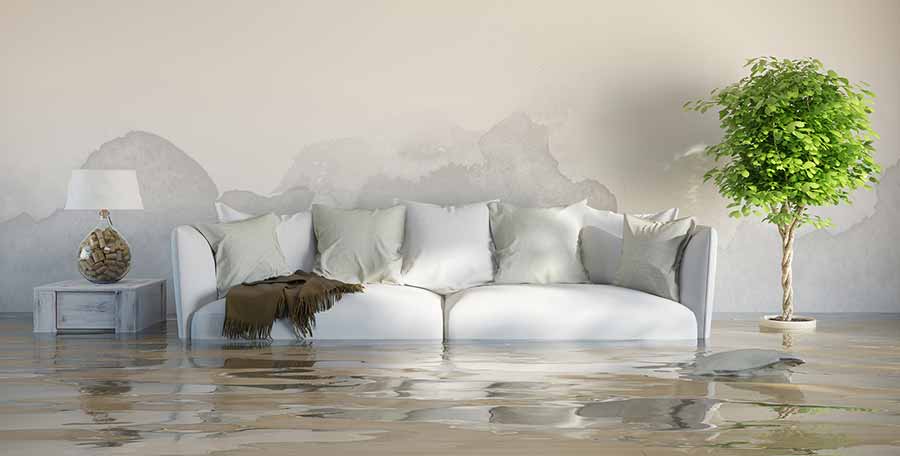Written by Andy Gurczak
August 27, 2023
What’s In This Articles
- Intro
- How To Get Water Build-up Under Control
- Why and How To Properly Document The Loss
- How Do You Find Help?
- What Is a Claim Verdict and Why Should You Get One?
- How To Get a Settlement That Benefits You
- What does the word “Gradual” Mean for Your Claim?
- What is “Negligence” and How Can It Impact Your Claim?
- Avoid Doing These Things
- Be Prepared To Negotiate – Or Get Someone That Can
How to make a successful water leak insurance claim
Signing up for homeowners insurance is a relatively straightforward process. Paying your insurance premium is probably even made easier by your insurance company. But what about filing a homeowners insurance claim? Now that your insurer knows how to complicate.
Water damage insurance claims can be tricky to navigate. They turn particularly frustrating when you realize how expensive the damage can be. In addition, water leaks are significantly dangerous since they are stealthy culprits, and sometimes it can take years for you to notice the damage. For this reason, we’ve compiled a list of some tricks and tips to answer how to make a successful water leak insurance claim.
How to Make a Successful Water Leak Insurance Claim?
Water damage insurance claims are the most commonly filed after hail storms and high-speed winds events. However, water damage can happen almost anywhere, at any time, and isn’t always triggered by adverse weather or flooding.
With this in mind, it’s essential to know that water damage due to flooding is not covered by standard homeowners insurance. Instead, you’ll need a separate flood insurance policy to protect against damage from flooding.
As we mentioned before, water damage insurance claims aren’t always successful, despite being so common. Therefore, if you want to make a successful water leak insurance claim, consider these following these tips and tricks the moment something goes wrong:
How to Make a Successful Water Leak Insurance Claim:
First, Get the Leak and Water Buildup Under Control
But wait! Note that this does not mean beginning any permanent repairs or restoration processes. Instead, your insurance company will likely send out an insurance adjuster who will inspect and document the scene. In addition, they will probably also want to take pictures of the damage.
How to Make a Successful Water Leak Insurance Claim:
Second, Contact Your Insurance Company as Soon as Possible
The homeowner’s insurance claims process begins as soon as you inform your insurer of the damage and file your water leak insurance claim. Many insurance policies impose time limits for filing claims, so make sure you file time. Not to mention that the quicker you file, the sooner you’ll get your settlement. Contact your insurer via their online claims portal, phone, or app to promptly fill out the necessary claims forms.
How to Make a Successful Water Leak Insurance Claim:
Document Everything
Take as many pictures and videos of the damage as you can so that you have the evidence you’ll need to file a successful claim. This can include the source of the leak and the areas in your home impacted by the water damage.
How to Make a Successful Water Leak Insurance Claim:
Meet with the Adjuster
As mentioned above, your insurance company will assign an insurance adjuster to your claim. They are in charge of inspecting and estimating your damage. As a result, they will set up a visit to your home or property to view the damage. Be sure to be there during your adjuster’s visit and keep in contact with them for the rest of the water leak insurance claim process. Send in any documents they request and be willing and honest when answering their questions. The claim adjuster is often legally required to assess damages within a 15-day time frame of when you report them. Check with your state insurance department since each State has different laws.
How to Make a Successful Water Leak Insurance Claim:
Get a Claim Verdict
After assessing the damage to your home, the claims adjuster typically has another 15 days to decide whether you have a valid water damage claim. During this waiting period of the insurance claim process, you can look for vendors to use and get estimates for the work. Furthermore, get your damage estimates so you are better informed in case your settlement offer is low-ball. A local contractor or public adjuster can assist you with this part of the process. A public insurance adjuster will typically provide the most honest, unbiased assessment.
How to Make a Successful Water Leak Insurance Claim:
Agree on the Settlement
Finally, if all goes well, you and your insurer should agree on the settlement terms. Once this happens, the payout should be issued to you within five days. If your insurer decides not to cover water leak damage expenses, you can file a complaint or appeal with your State’s insurance department.
How to Make a Successful Water Leak Insurance Claim? When Your Insurer Denies Your Water Leak Damage Claim
Now that you know some tips on how to make a successful water leak insurance claim, you probably want to know the most common reasons for water leak insurance claims denial:
Gradual Damage
A small or slow leak that has been building up over time is considered gradual damage. In fact, you may not have realized the leak was even there, resulting in mold or even foundation issues. Unfortunately, when insurers identify gradual damage, they typically deny the claim. This is because they consider you at least partially responsible for the damage.
Negligence
Negligence can also be grounds to deny a water damage insurance claim. For example, your pipes burst because you haven’t cared for them properly. Or maybe the appliance in question is old and was malfunctioning. The best way to avoid negligence is by conducting regular inspections of all the areas where water damage can occur, including your air conditioning unit, water heater, pipes, and crawl spaces. You could also keep a record of all the instances you’ve had a professional service inspect your plumbing or appliances. This can help refute the idea that your water damage was gradual or because of negligence.
How to Make a Successful Water Leak Insurance Claim? Avoid Doing These Things!
- Although water leak insurance claims can be frustrating, avoid losing your cool with your insurance company. Be firm and stand your ground, but stay calm.
- Do not throw away damaged items or anything related to the damage. All damaged items need to stay put until your claim gets settled. You could receive a lower settlement because the insurer did not include those items in the claim.
- Avoid making any sort of repairs without talking to your insurance agent first. Making repairs before getting approval from the insurance company could jeopardize your claim. Only do what is necessary to mitigate damage.
- Do not automatically accept your insurance company’s vendors or services. Remember that insurance companies are here to make money, so they often make deals with vendors that provide them with a low cost. Thus, using them might lead to a biased assessment and low-quality work or supplies. It is best to have your estimates and vendors.
Negotiate
If you are unhappy with the verdict of your claim or feel unsatisfied with your settlement payout, you can always negotiate with your insurance company. Public adjusters are specifically trained individuals that can maximize and expedite claims settlements. Unlike insurance adjusters, public adjusters work for you. Therefore, they will work endlessly for your benefit and protect your rights. Hire AllCity Adjusting to handle your public adjuster needs!
“
Best way to beat the insurance company is to hire AllCity Adjusting
At AllCity Adjusting we help residential and commercial clients alike get the claims support they need. Moreover, we have over 50 years of combined experience helping get our clients the max settlement time and time again. If your claim has been low balled or denied entirely we can help increase your maximum settlement. Call us today for a FREE consultation. Experience the AllCity difference.
Real Support When You Need It!
Related Articles
7 Red Flags That Indicate You Need to Hire a Public Adjuster
If you own property, managing roofing insurance claims might seem tough. Knowing how to quickly deal with roof damage insurance claims from water, weather, fire, or unexpected events is helpful. In this guide, we’ll share useful tips to help you understand and work through roofing insurance claims more easily, aiming for a quicker solution.
Navigating Fire Damage Claims: What Every Property Owner Should Know
If you own property, managing roofing insurance claims might seem tough. Knowing how to quickly deal with roof damage insurance claims from water, weather, fire, or unexpected events is helpful. In this guide, we’ll share useful tips to help you understand and work through roofing insurance claims more easily, aiming for a quicker solution.
The Role of a Public Adjuster in Water Damage Claims
If you own property, managing roofing insurance claims might seem tough. Knowing how to quickly deal with roof damage insurance claims from water, weather, fire, or unexpected events is helpful. In this guide, we’ll share useful tips to help you understand and work through roofing insurance claims more easily, aiming for a quicker solution.
Understanding Water Damage Claims: A Comprehensive Guide for Homeowners
If you own property, managing roofing insurance claims might seem tough. Knowing how to quickly deal with roof damage insurance claims from water, weather, fire, or unexpected events is helpful. In this guide, we’ll share useful tips to help you understand and work through roofing insurance claims more easily, aiming for a quicker solution.
Essential Traits and Skills for a Successful Public Adjuster
If you own property, managing roofing insurance claims might seem tough. Knowing how to quickly deal with roof damage insurance claims from water, weather, fire, or unexpected events is helpful. In this guide, we’ll share useful tips to help you understand and work through roofing insurance claims more easily, aiming for a quicker solution.
Tips Expedite the Process :Commercial Roofing Insurance Claims
If you own property, managing roofing insurance claims might seem tough. Knowing how to quickly deal with roof damage insurance claims from water, weather, fire, or unexpected events is helpful. In this guide, we’ll share useful tips to help you understand and work through roofing insurance claims more easily, aiming for a quicker solution.
Stay Up to Date With The Latest News & Updates
Don't Wait - Get More
Get a free 1 hour consultation on your next call. So call today and challenge the insurance company narrative on your policy claim. We can help you with all your public adjuster claims support. Let us help you get more.
Join Our Newsletter
Do you want to learn more about public adjusting. In this newsletter we create helpful tips and hints and you will receive notifications when we post new articles.
Follow Us
Follow us on the following social networks.








Recent Comments